Animal, Vegetable, Miracle
runktrun
16 years ago
Related Stories
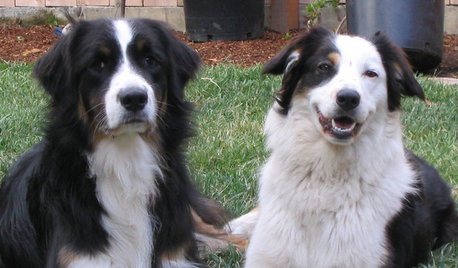
PETSDealing With Pet Messes: An Animal Lover's Story
Cat and dog hair, tracked-in mud, scratched floors ... see how one pet guardian learned to cope and to focus on the love
Full Story
HOUZZ TOURSMy Houzz: An Animal Lover's Texas Sanctuary
Dogs, cats and horses enjoy an idyllic temporary refuge here, but the eco-minded home has a permanent place in its owner's heart
Full Story
EDIBLE GARDENSGarden BFFs? Why Your Vegetables Are Begging for Companion Plants
Foster friendships among plants for protection from pests, pollination support and color camaraderie
Full Story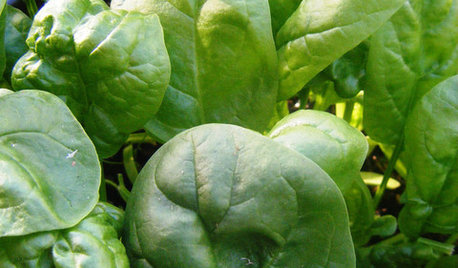
COOL-SEASON CROPSCool-Season Vegetables: How to Grow Spinach
Chock-full of antioxidants and iron, spinach is a nutrient-rich addition to your fall or spring garden
Full Story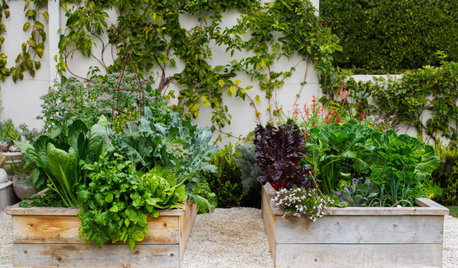
MOST POPULARHow to Start a Cool-Season Vegetable Garden
Late summer and late winter are good times to plan and plant cool-season crops like salad greens, spinach, beets, carrots and peas
Full Story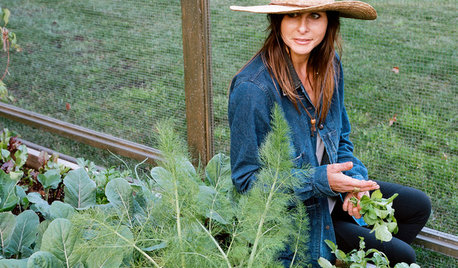
FARM YOUR YARDAdvice on Canyon Farming From L.A.'s Vegetable Whisperer
See how a screened garden house and raised beds help an edible garden in a Los Angeles canyon thrive
Full Story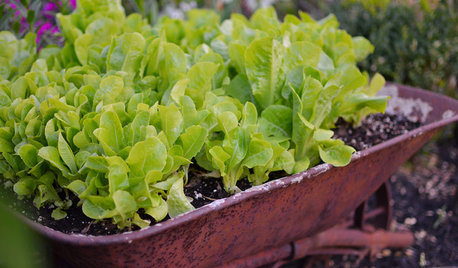
FARM YOUR YARDCool-Season Vegetables: How to Grow Lettuce
Leaf, butterhead, crisphead or romaine — lettuce is best harvested in the cool weather of spring and fall
Full Story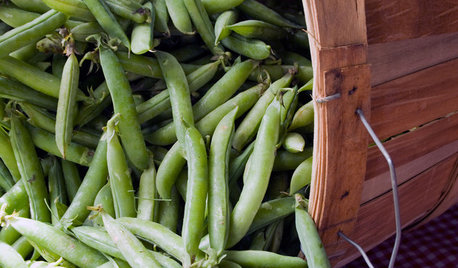
GARDENING GUIDES11 Favorite Edibles for Your Cool-Season Garden
Plant crunchy carrots, crisp radishes, tender peas and other vegetables for fall and spring harvests
Full Story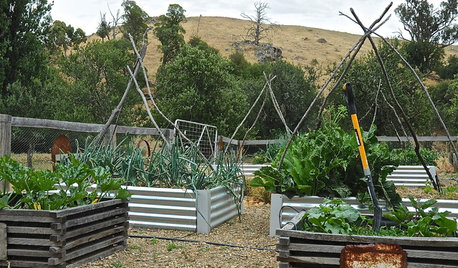
FARM YOUR YARD9 Ways to Change Up Your Vegetable Garden for the Coming Season
Try something new for edible plantings that are more productive than ever
Full Story
EDIBLE GARDENSSummer Crops: How to Grow Tomatoes
Plant tomato seedlings in spring for one of the best tastes of summer, fresh from your backyard
Full Story


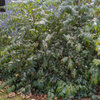
diggerdee zone 6 CT
diggingthedirt
Related Discussions
Favorite winter reading?
Q
Self-sufficiency...what do you think?
Q
Barbara Kingsolver's new book
Q
Animal, Vegetable, Miracle - the book
Q
runktrunOriginal Author
runktrunOriginal Author
diggerdee zone 6 CT
terrene
diggerdee zone 6 CT
runktrunOriginal Author
terrene
runktrunOriginal Author
hunt4carl
diggerdee zone 6 CT
runktrunOriginal Author
diggingthedirt
diggingthedirt
claireplymouth z6b coastal MA
claireplymouth z6b coastal MA
diggingthedirt
svgarden
hunt4carl
runktrunOriginal Author
diggingthedirt
diggingthedirt
terryboc